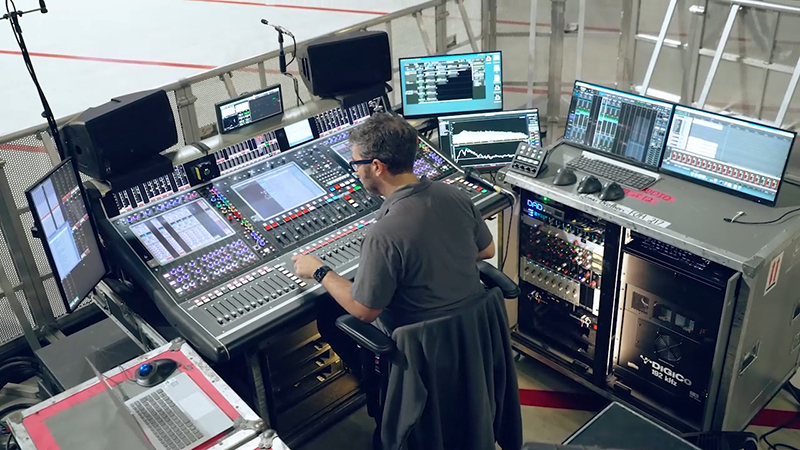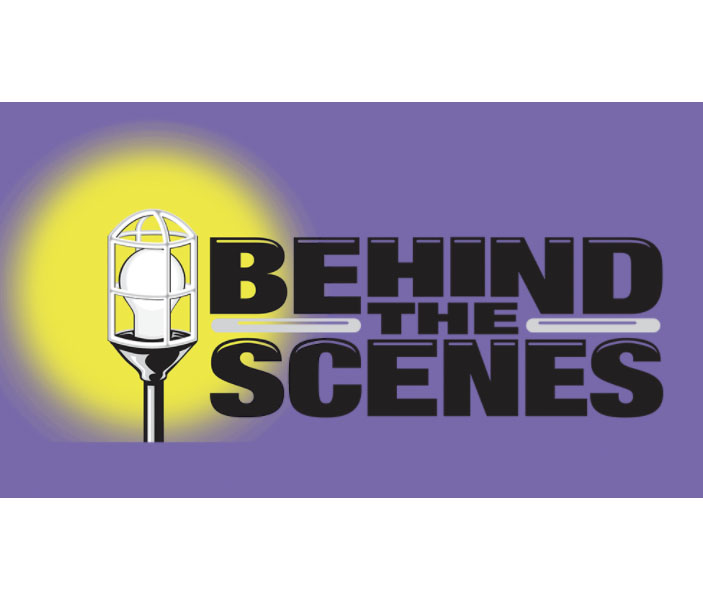WASHINGTON, D.C. — The Sports Technology Alliance, formed by the Sports Video Group and comprised of major professional and collegiate U.S. sports leagues and major national broadcasters and content distributors, met this week with leading members of the Federal Communications Commission and members of the Senate and House of Representatives. The group's mission was to discuss the negative impact of certain current proposed "white spaces" wireless spectrum legislation with regards to athlete and fan safety at their events and the quality of live event coverage, broadcast production and the reception of digital television signals. Current legislation directs the FCC to allow the distribution of new portable wireless devices that use the spectrum currently in use by wireless microphone systems. The Sports Technology Alliance is concerned that interference from those new radio devices could knock wireless communication systems like headsets used by coaches and officials, as well as microphones used by players and in-car communications off the air and also prevent wireless microphones from being used to enhance coverage and interview players, coaches, and fans.
“The legislation has no solid safeguards to ensure that wireless devices currently used at every sporting event for communications and broadcasts will be free of interference,” says Ken Kerschbaumer, editorial director of the SVG, which helped form the alliance along with league representatives and national sports networks. “The negative impact of this legislation will set technology wireless communications technology back more than 30 years. It will also render millions of dollars of existing infrastructure useless, and require leagues, broadcasters, and entertainment producers to go back to wired systems. This would fundamentally change the nature of sports programming from the current state of the art the American public has come to expect.”
The group urged legislators and the FCC not to permit the operation of new portable devices in the same spectrum. The alliance also asked the FCC to designate certain spectrum as “off limits” to new stationary TV band devices, adopt technical solutions to prevent interference at super-scale sporting events, use geolocation to insure that fixed devices do not cause interference, and to thoroughly test any unlicensed wireless consumer devices to ensure they will not cause interference before they are made available to the public. The alliance added that any testing also should include real-world trials in addition to laboratory tests.



